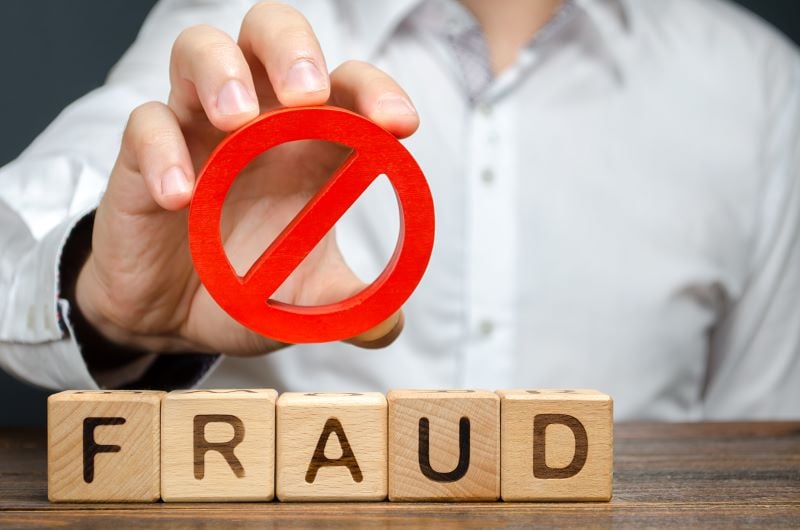HMRC umbrella company ‘checking tool’ looms for workers
Umbrella company consultation response and guidance due from HMRC, as more details come out on Tax Administration and...
READ MORE
The UK government could be losing up to £3.9 billion at the hands of criminals that could be defrauding its schemes aimed to protect jobs and support businesses financially during the COVID-19 pandemic.

On 20 March, the government announced the Coronavirus Job Retention Scheme (CJRS) to provide grant payments to employers to cover part of the wages of furloughed employees. This was followed on 26 March by the Self-Employed Income Support Scheme (SEISS) and on 24 September by the new Job Support Scheme (JSS) as an extension to SEISS until April 2021. On 9 October, an extension to the JSS was announced to support companies legally required to close as a direct result of COVID-19 restrictions.
Total spending on CJRS and the initial SEISS scheme is forecast to reach almost £70 billion by the end of October.
However, while the schemes have been largely successful in protecting jobs in the period to October 2020, with at least 12.2 million people benefiting from support, fraud and error could cost the government between £2.0 billion to £3.9 billion as a result of the speed at which the schemes were designed and implemented, the National Audit Office (NAO) has warned.
“HM Treasury and HMRC met their objective to rapidly implement the schemes and the civil service should be commended for making these available ahead of schedule. Indications are that the schemes helped to protect jobs in the short-term, but it is also clear that many other people have lost earnings and have not been able to access support," said Gareth Davies, the head of the NAO.
“It appears that the scale of fraud and error could be considerable, particularly for the furlough scheme."
The NOA explained that there is considerable risk that some employers committed furlough fraud by keeping employees working in lockdown, against the rules of the scheme, or by claiming payments and not passing them on to employees in full.
Noting that HMRC’s fraud hotline has received over 10,000 reports, many referring to cases where employees worked despite their employer claiming for them as furloughed staff, Mr Davies opined that the tax authority could have done more.
"HMRC could have done more to make clear to employees whether their employer was part of the furlough scheme. In future, the departments should do more while employment support schemes are running to protect employees and counter acts of fraud," said Mr Davies.
Moreover, the NAO found that 9 per cent of people it surveyed admitted to working in lockdown at the request of their employer, and against the rules of the scheme. As such, the office expects the scale of total fraud and error to be considerable, particularly for CJRS.
In September HMRC’s assumption was that fraud and error could range from 5-10 per cent on CJRS, which would equate to £2.0 billion to £3.9 billion. For the first SEISS grant, HMRC’s planning assumption was that fraud and error could range from 1-2 per cent per cent, NOA noted.
HMRC is not expected to know the actual levels until the end of 2021 at the earliest.